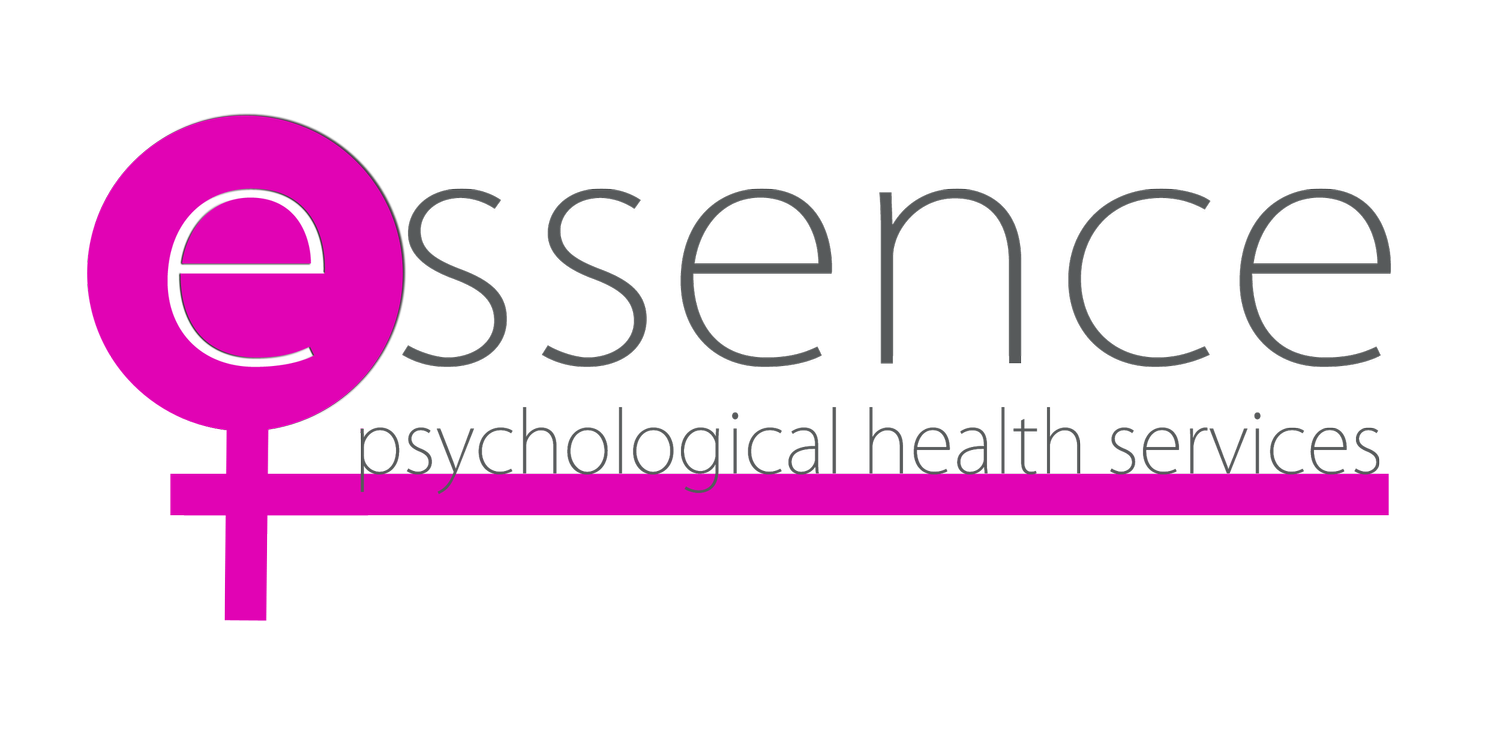Understanding and Managing PMDD: Strategies for Effective Symptom Relief
At Essence Psychological Health Services, PLLC, we recognize the profound impact that mental health conditions can have on our daily lives. One such condition that often goes unrecognized or is misunderstood is Premenstrual Dysphoric Disorder (PMDD), a severe form of premenstrual syndrome (PMS) that can disrupt a woman's life both mentally and physically. In this blog post, we'll delve into what PMDD is, its prevalence, medication options, and other strategies for symptom management, ensuring you have access to the knowledge and support you need.
Getting support with PMDD
What is PMDD?
Premenstrual Dysphoric Disorder (PMDD) is a health condition characterized by severe emotional, psychological, and physical symptoms that occur during the luteal phase of the menstrual cycle, which is the time after ovulation and before the start of menstruation. Symptoms often begin 7-10 days before menstruation and typically resolve within a few days after the period begins.
Symptoms of PMDD can include, but are not limited to:
Mood swings or feeling suddenly sad or tearful
Irritability or anger that affects other people
Depression or feelings of hopelessness
Anxiety or tension
Decreased interest in usual activities
Difficulty concentrating
Fatigue or lack of energy
Changes in appetite, overeating, or food cravings
Sleep problems
Physical symptoms such as bloating, breast tenderness, headaches, and joint or muscle pain
Severe symptoms that interfere with work, school, social activities, and relationships
Prevalence Rates
PMDD affects an estimated 5-8% of women of reproductive age. However, because PMDD can be misdiagnosed or overlooked, it's possible that the number of women experiencing PMDD is even higher. Awareness and education are key to ensuring that those affected by PMDD receive the recognition and care they need.
Medication Options
Treatment for PMDD may include a variety of medication options, depending on the severity of symptoms and individual patient needs:
Antidepressants: Selective serotonin reuptake inhibitors (SSRIs) are commonly prescribed for PMDD to alleviate mood symptoms. They may be taken throughout the menstrual cycle or only during the luteal phase.
Birth control pills: Hormonal contraceptives can sometimes reduce or eliminate the symptoms of PMDD by stopping ovulation.
Gonadotropin-releasing hormone (GnRH) agonists: These medications induce a temporary menopause-like state, reducing PMDD symptoms by stopping the menstrual cycle.
Nonsteroidal anti-inflammatory drugs (NSAIDs): NSAIDs can help alleviate pain and inflammation associated with PMDD.
Other Strategies for Symptom Management
In addition to medication, there are several strategies that can help manage PMDD symptoms:
Lifestyle Modifications: Regular exercise, a well-balanced diet, and sufficient sleep can support overall well-being and reduce PMDD symptoms.
Stress Reduction Techniques: Mindfulness, yoga, and meditation are effective ways to reduce stress and improve mood.
Cognitive-Behavioral Therapy (CBT): CBT can help address negative thought patterns and develop coping strategies.
Dietary Supplements: Some women find relief with supplements such as calcium, magnesium, and vitamin B6, though it is essential to consult with a healthcare provider before starting any supplement regimen.
Your Path to Wellness Begins Here
At Essence Psychological Health Services, PLLC, we believe in a comprehensive approach to managing PMDD. If you or someone you know is struggling with PMDD, we are here to support you. Our team of compassionate professionals is committed to providing personalized care tailored to your unique needs.
Don't let PMDD control your life any longer. Contact us today to schedule an appointment and take the first step towards reclaiming your health and well-being.
Embark on your journey to better health. Call us at 713-492-2260 or visit our website at www.epsychhealth.com to learn more and schedule your consultation. Together, we can navigate the path to managing PMDD effectively.


